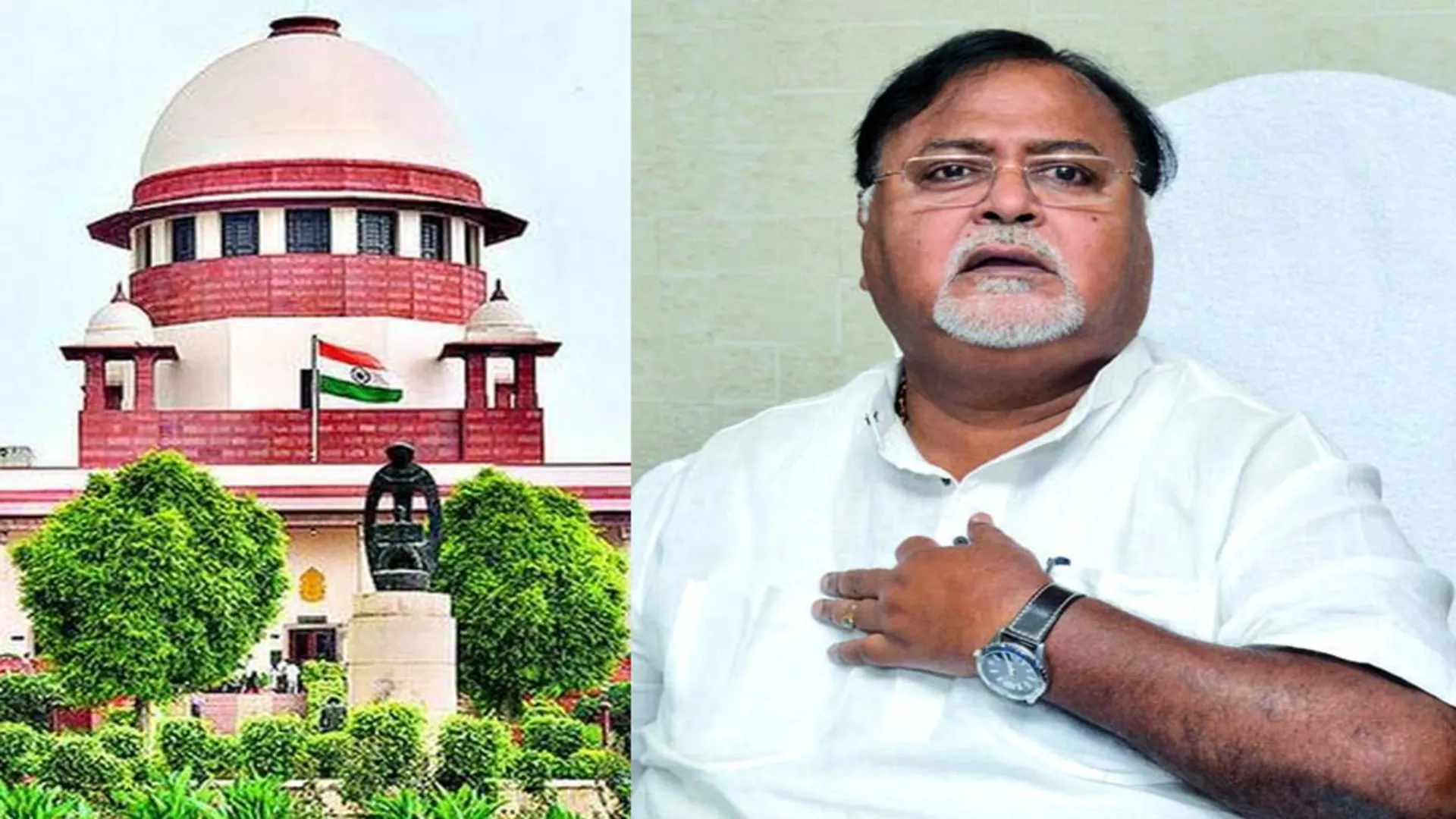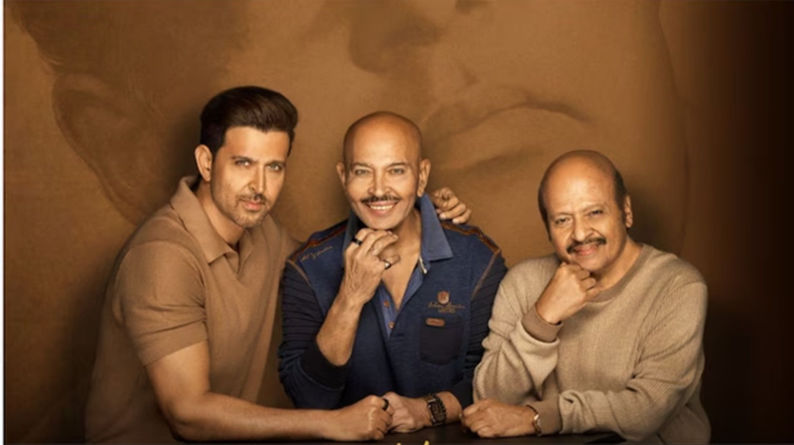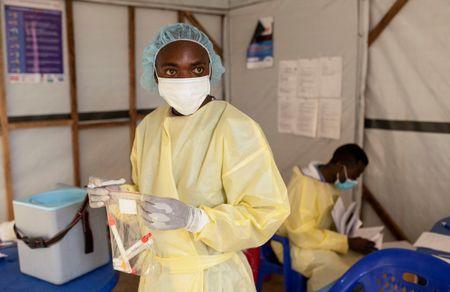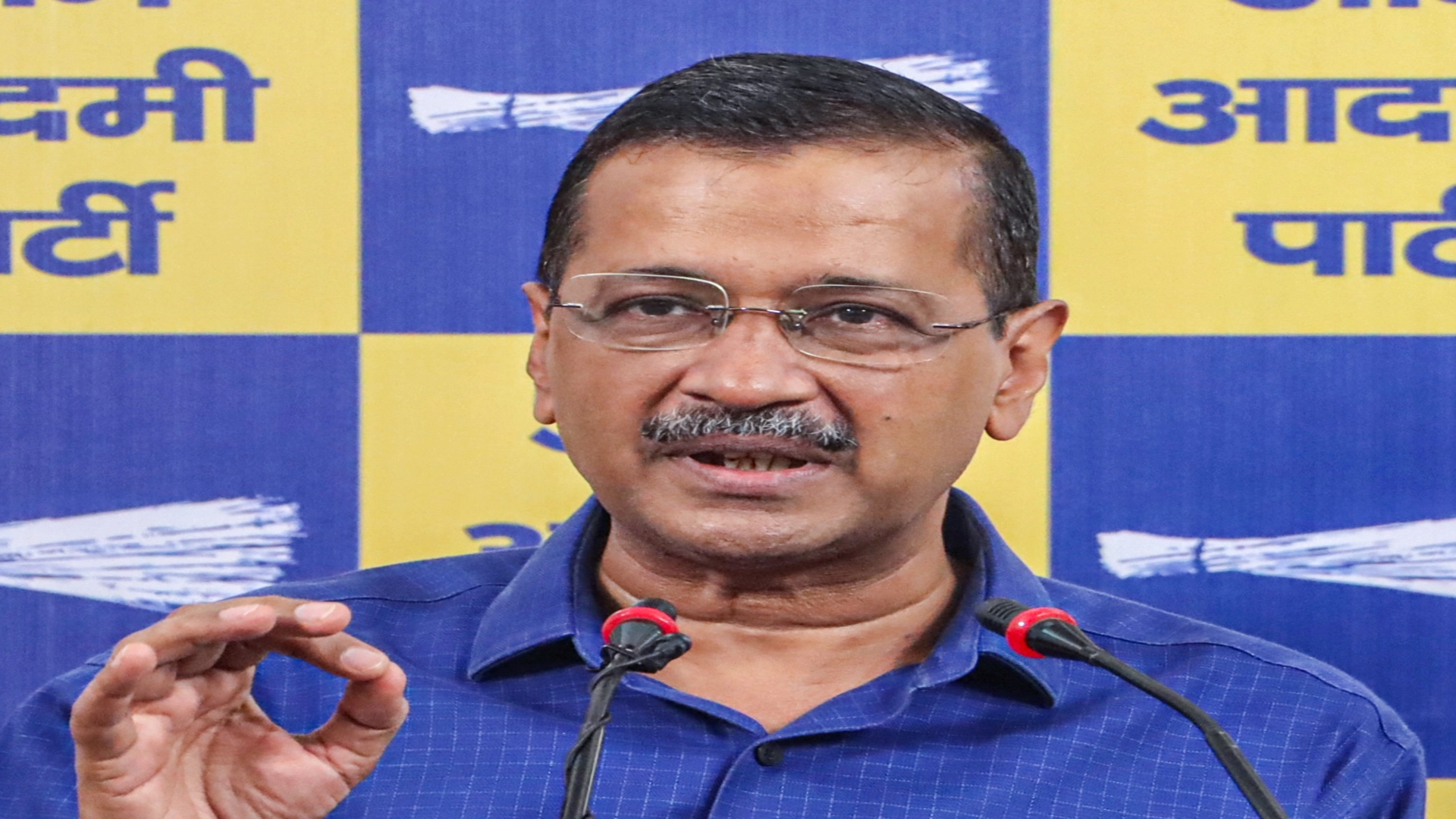
In a significant development on October 1, 2024, the Supreme Court of India requested a response from the Enforcement Directorate (ED) regarding a bail plea filed by former West Bengal Education Minister Partha Chatterjee. This plea is connected to a high-profile case involving alleged irregularities in teacher appointments and has drawn considerable attention due to its implications for political accountability and public trust in educational institutions.
Chatterjee, who has been in custody since July 2022, faces serious allegations under the Prevention of Money Laundering Act (PMLA). His arrest stemmed from a broader investigation into a cash-for-jobs scandal where numerous deserving candidates reportedly lost out on teaching positions to those who paid bribes. The Supreme Court’s bench, consisting of Justices Surya Kant and Ujjal Bhuyan, noted Chatterjee’s advanced age and health issues as factors warranting the ED’s timely response.
The case has been mired in controversy since it first came to light, with the ED’s investigations uncovering staggering amounts of cash and gold linked to Chatterjee’s associates. Notably, in July 2022, the agency recovered Rs 49 crore in cash and Rs 5 crore in jewelry from properties associated with Arpita Mukherjee, a close aide of Chatterjee, which pointed to a larger network of corruption involving various officials from the Trinamool Congress (TMC). This case underscores the challenges of political corruption in India and the potential implications for the current TMC government in West Bengal.
Chatterjee’s legal team, led by senior advocate Mukul Rohatgi, argued that he has already served over two years in custody, with the maximum penalty for his charges being seven years. His defense also emphasized that the previous court rulings lacked sufficient evidence linking him directly to the seized cash. Despite these arguments, the Calcutta High Court previously denied his bail request, citing a robust prima facie case against him. This consistent denial reflects the seriousness with which the judiciary is approaching cases of corruption, particularly in public service sectors.
Also read: Bihar: Seven Children Denote Homemade Bomb In Bhagalpur While Playing, Severely Injured
As the Supreme Court prepares for further hearings scheduled for October 17, the ED is expected to submit its response, which could significantly influence the case’s direction. The outcome of this case may not only affect Chatterjee’s future but could also have far-reaching consequences for other politicians and public servants entangled in corruption cases across India.
The ongoing developments highlight the judiciary’s role in tackling corruption and maintaining the integrity of public institutions, particularly in a context where educational opportunities are paramount for the country’s youth. As the public awaits the next steps, this case serves as a crucial litmus test for both the legal framework surrounding corruption and the political landscape in West Bengal.















